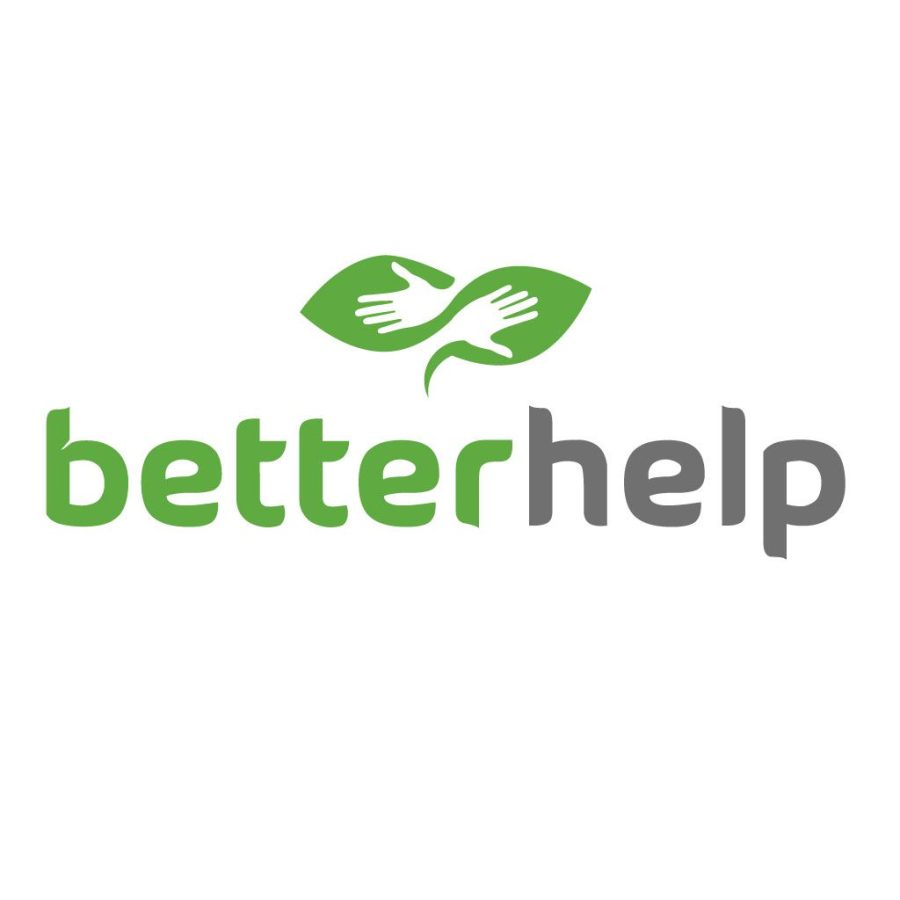Online therapy is not the answer
The for-profit nature of mental health debases actual benefits
Services like BetterHelp do not improve the mental health conditions of their patients.
February 3, 2022
Mental health is now for-profit. Whether you’re watching your favorite YouTuber’s latest video, scrolling through TikTok or watching commercials on TV, you cannot exist on the Internet without being bombarded with ads for therapy services. BetterHelp — which generates over $250 million of revenue a year — has become especially aggressive in its marketing campaigns.
There are a lot of upsides in spreading awareness surrounding mental health struggles and advocating for more accessible mental health treatments, but the increasing commercialization of mental health counseling may be more problematic than most have caught on to.
As consumers, we are being sold the idea that something is wrong with us — that our disappointment in the world around us is an internal problem — and that if we are simply willing to pay the price, we can be fixed.
This dilemma feels reminiscent of other health crises in the 21st century — like when parents are told that their kindergartner needs to take addictive, brain-altering pills because they are too energetic in class and when people recovering from physical trauma are given opiates without any real support system or education regarding what they’re taking.
I am not denying the fact that many Americans are depressed and anxious, but I am curious as to why that may be. Sure, we can blame the internet, social media and iPhones — or we can even chalk it up to some kind of evolutionary phenomenon — but those explanations seem a bit too neat.
Maybe Americans are starting to recognize the failure of the American dream and that the government — whether blue, red or so incoherent it’s hard to tell which — does not have their best interest in mind. They are realizing that other countries might do more for their citizens and that toxic optimism can only get one so far. They are feeling the alienation of their labor and concluding that hard work does not always equate to success.
Therapy is not going to work for everyone. Yet, we make people feel as if something is wrong with them when it doesn’t.
In the Fall, because I did not want to leave campus to go to therapy and I did not trust the campus counseling center, I tried BetterHelp out for myself. The experience was awful. I don’t think that I could have felt less connected to my therapist — she was constantly messaging other people during our sessions, she gave me advice that made little-to-no sense and I felt like our conversations went nowhere.
Granted, I did not stay on the platform for long, and I never tried to talk to a different therapist, but the result was so disheartening that I became altogether hopeless about the situation. Even worse, they continued to charge me even after I stopped attending sessions, because payment is for a specific time period, not per session. Your therapy is contractual.
I am in no way anti-therapy and am well aware of the mental health crises the world is engulfed in, but it is time we stop letting large corporations push the narrative that our sorrow and alienation is entirely our fault.
It is normal for us to feel hopeless about global warming, the unceasing possibility of nuclear war and the growing economic divide between the nation’s wealthiest and the bottom 50%. It is understandable for the LGBTQ+ community to feel like part of society resents them and for Black and indigenous people of color to be upset by the systems that commit violence against them.
Instead of conditioning people into thinking that something is inherently wrong with them and they need to shell out thousands of dollars to fix themselves, we should make living more humane. We should make real, quality mental healthcare affordable and accessible, and we should do more to address the societal issues that loom over young people today.























